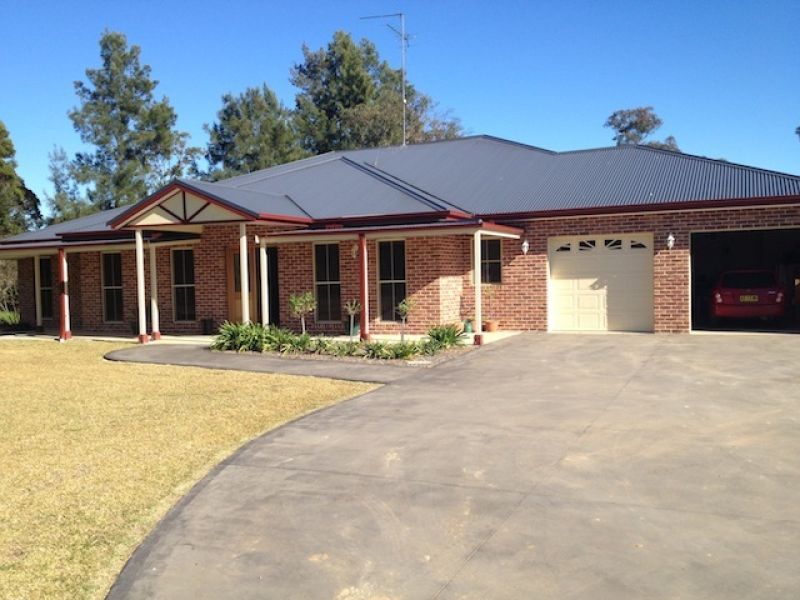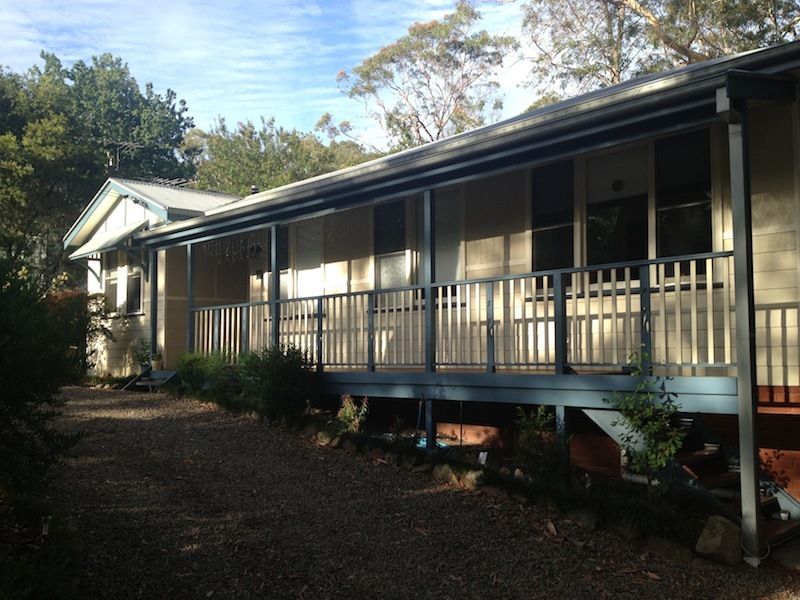Everyone likes a bargain. But then, on the other hand, you generally get what you pay for. So when it comes to protecting your home from termites, do you really want the cheapest job or do you want the best job?
With homes costings hundreds of thousands of dollars and termites capable of doing a demolition job (which won’t be covered by your home insurance), homeowners should really seek out the best termite professional in their area.
That said, it’s still important to get more than one quote. Here are some pointers on the factors that impact the costs.


Factors affecting the cost of a termite treatment
When people ask how much a termite treatment costs, it really is like asking, how long is a piece of string? There are a lot of variables involved and a professional quote can only be provided following an on-site inspection. You should be concerned about any company prepared to provide a quote over the phone.
A termite treatment normally consists of two stages:
- Part 1: Eliminate active termites from the house
- Part 2: Install a termite management system around the property
The price of Part 1 will depend on the product used, size of the infestation and the species present. But it is Part 2 of the treatment which is the biggest cost component of a termite job. Here are some factors that come into play:
- Size of the house – the larger the house the higher the cost (more area to treat)
- Construction type – Is the home on a concrete slab or does it have a sub-floor? Homes with a sub-floor have a larger area to treat
- What type of soil is around the home? (Poor quality / rocky soils may need to be replaced before applying the soil termiticide)
- Does the area surrounding the house consist of soil, pavers or concrete? Soil has to be dug up, pavers have to be lifted and replaced, concrete has to be drilled and injected.
- What type of soil is around the home? If the soil is of poor quality and has a large number of stones, it will need to be replaced by quality loam soil before the treatment can be applied
- How deep do you need to dig to get to the foundations? Proper treatment needs to get down to a depth of 50 mm below the top of the footing
Although soil-applied termiticides are the most common method of protecting buildings, termite monitoring and baiting systems are an alternative. This is particularly the case with construction types or soil conditions where soil-applied termiticides are not appropriate. Of course, sometimes a customer will want a termite monitoring and baiting system from an environmental point of view – there is no need for chemical spraying.
Here at Spiderman SE, where appropriate, we will discuss more than one treatment option – certainly be wary of companies who just push one type of treatment without justification
Don’t forget about termite inspections either!
Even termite inspections will vary significantly in cost. Remember a professional termite inspector should do the following:
- Inspect every room in the house in turn, tapping walls and wood elements and scan wet areas for leaks
- Enter the roof void and check every timber in turn
- Check the sub-floor (if the house has one), checking all the flooring timbers
- Inspect the exterior of the building
- Inspect any outbuildings
- Check the property up to 50 m from the main building, inspecting fences, trees and any other structures
As you can see, this could take some time. Add to this the fact they should be taking notes and photos as they go, travel time to and from the job, and a couple of hours to write the report, you can see a professional termite inspection should take some time.
On a standard 3-4 bedroom home, a comprehensive inspection should take at least 2 hours, add the travel and report writing, it’s at least a 4-hour exercise. Whomever you decide to use, if they are doing the job much quicker than this you are not getting a bargain. By choosing the cheaper price you are actually wasting your money and potentially putting your home at risk.
How should you choose a termite professional?
Getting recommendations from family and friends is a good start, but some key questions to ask:
- Do you have a license to carry out termite treatments/termite inspections in your state?
- Does your insurance cover termite work?
- How much experience do you have?
- How long will the inspection take?
You can ask your pest professional to see their license and insurance – they cannot refuse! Please note, the licence and insurance should specifically mention termite work – pest control is separate.
One last thought. No matter their field of expertise, a top-quality professional will not undervalue their skills. So you if you want the best pest professional, you may need to pay a little extra!

